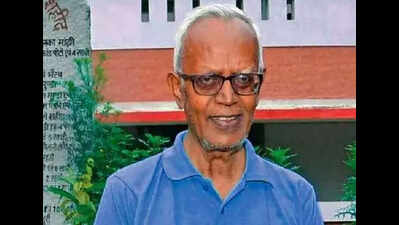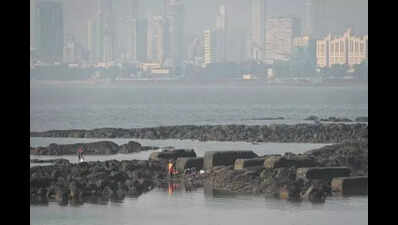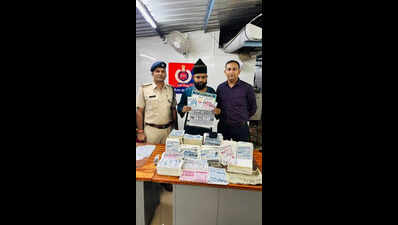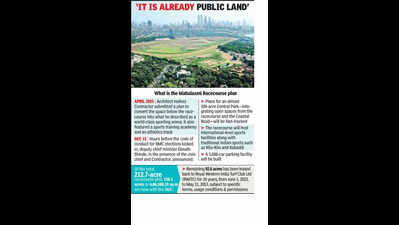Mumbai: The Stan Swamy Memorial Lecture was screened on Friday evening at Yashwantrao Chavan Centre, with reflections on justice, resistance, and the continuing struggles of tribal women in India. Originally scheduled for Aug 9 at St Xavier’s College, the event was cancelled following protests from right-wing groups but was held on Sept 13.The keynote address was delivered live online by Fr Prem Xalxo, a professor of moral theology at the Gregorian University in Rome. Fr Xalxo focused on the plight of tribal women migrating from north India to hostile urban environments. “Migration is not always a choice,” he said. “It is often a result of systemic exploitation that uproots people from their land, culture, and identity.”The speaker suggested the formation of an autonomous statutory body for the welfare of domestic workers, with compulsory registration of all employers and employees, along with specific laws to guarantee their rights and ensure they are treated with dignity and respect.The evening also featured the screening of a documentary film on Father Stan Swamy‘s life, incorporating voices from journalists, lawyers, and grassroots activists. John Dayal, veteran journalist and human rights defender, described Stan as “a leader who taught us how to form heart-to-heart relationships even with those society has marginalised,” adding, “he fought for dignity, not just survival.” In the documentary, Fr Swamy himself narrated a story about a tribal woman who went to the market to sell chicken. A man threw a dirty Rs 5 note at her and snatched her chicken, worth about Rs 20–25, right in front of her. The woman did not protest or retaliate.The documentary also included footage of Fr Swamy speaking after interrogation by the National Investigation Agency (NIA). In the video, he reflected on the imprisonment of writers, activists, and lawyers who had expressed dissenting views, and reaffirmed his decision not to remain a silent spectator in the face of injustice.Human rights lawyer Mihir Desai, who represented Stan Swamy, reflected on the nature of his activism. “Stan Swamy wasn’t doing charity — he was fighting for people’s rights. That is what brought him under scrutiny,” Desai said.The event closed with a renewed focus on the urgent need for legal and institutional safeguards for migrant and domestic workers — particularly women.











